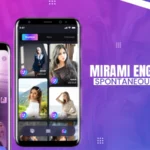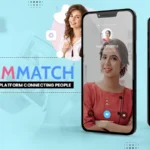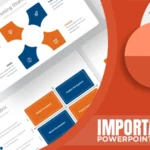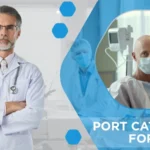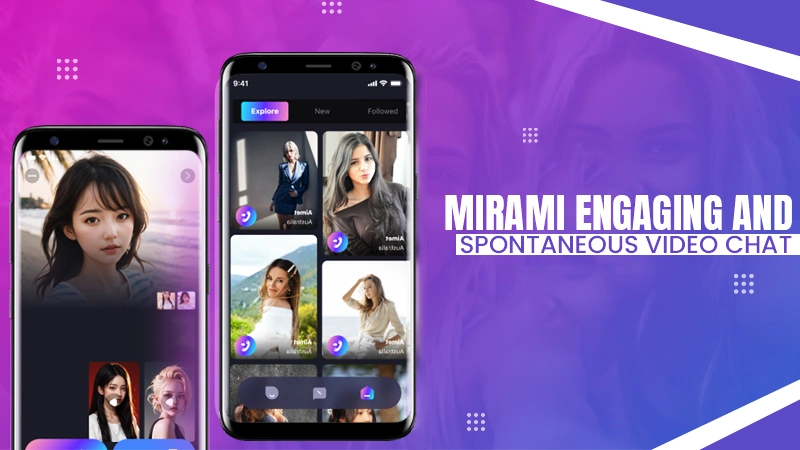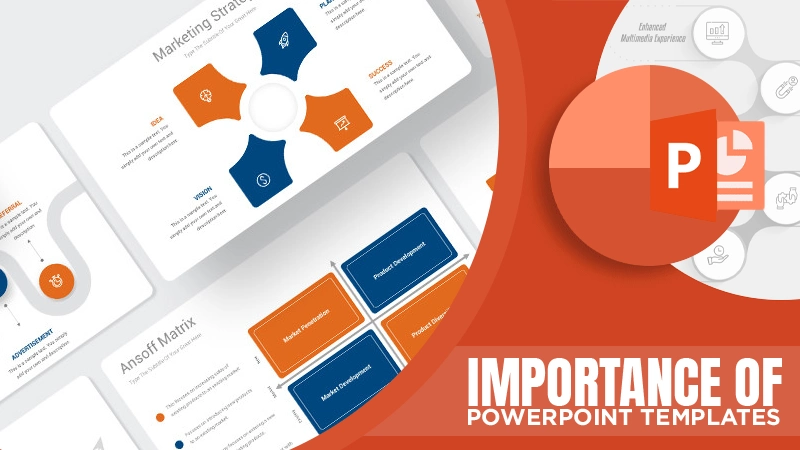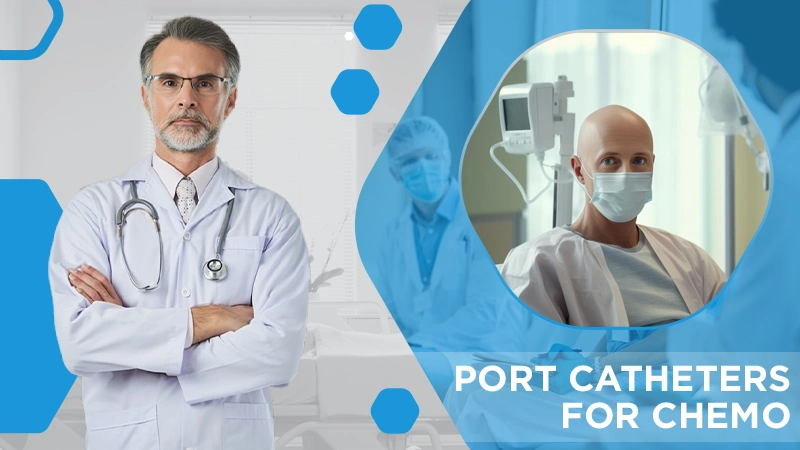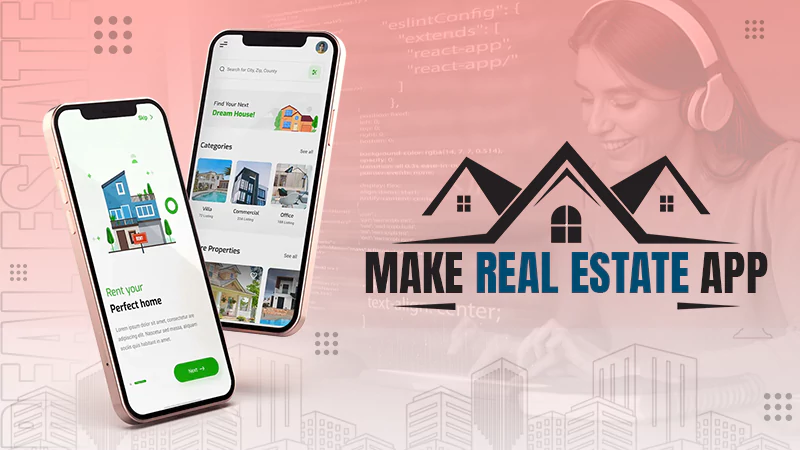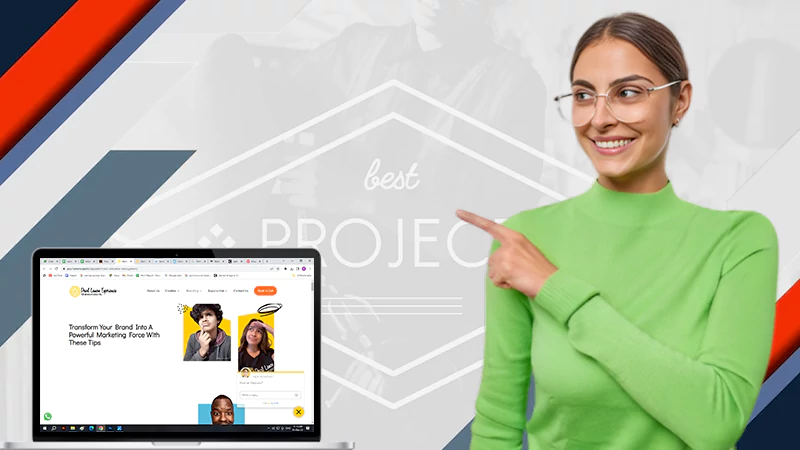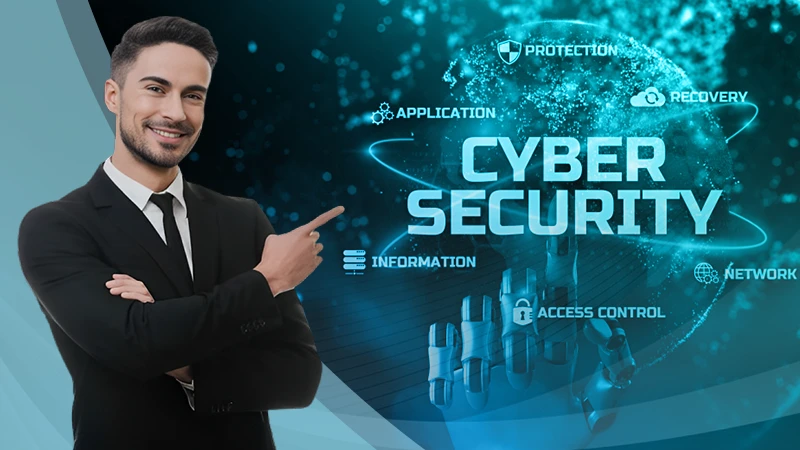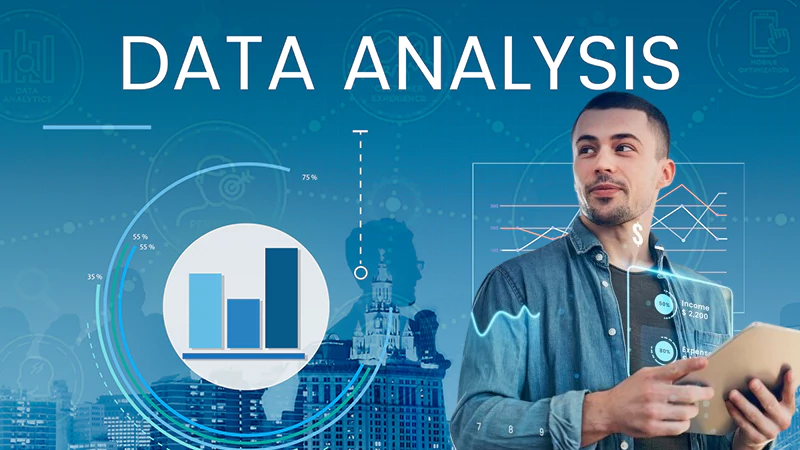The professional self-realization of the individual is currently recognized as one of the most significant problems to be investigated across several disciplines, including psychology, philosophy, sociology, cultural studies, and education. To identify and comprehend the theoretical underpinnings of professional self-realization, researchers from the United States, Germany, and France collaborated closely. Custom paper writing services can, of course, be considered a useful resource, but, in fact, there are others.
We have collected this list of resources in the hopes that they may improve the effectiveness of your classes, assist you in reducing the amount of time you spend on mundane responsibilities, and spark creative new ideas for projects. These tools will also be of great benefit to parents and educators, particularly in the case of pupils in the elementary and secondary levels.
Types of Internet Resources
According to the recommendations of the researchers, educational websites should be divided into two categories: dispersed and localized. It refers to the initial resources that are dispersed throughout a local or global network and may be utilized in parallel by a large number of users at the same time. Electronic educational materials that are printed on physical media are known as localized publications (hard drives, DVDs, etc.). The second one has the disadvantage that it is difficult to make additions or modifications to the content. According to this methodology, educational websites have to be regarded as dispersed resources. However, the number of educational websites is always increasing, which indicates that there is a requirement for a more in-depth categorization of them. This will assist educators in more successfully searching for and using information available on the Internet.
Websites of Educational Institutions.
These kinds of websites, on the one hand, make it possible to obtain information about the goings-on at an educational establishment, and, on the other side, they provide a forum in which educators may brag about their accomplishments. These are the Internet resources of institutions of general secondary education, such as those that organize remote parent-teacher meetings, competitions, information support, and communications with the outside world. Also included are the websites of vocational education institutions (colleges, technical schools, and colleges), websites of university faculties and departments, and websites of higher education institutions.
Distance Education Websites.
We refer to websites that are used to carry out educational activities as “distance education websites” since these websites make use of telecommunications networks. Computer telecommunications may be used to transport printed books that are instructional and methodical, as well as give resources that are studied. It is also possible to have conferences and discussions through the use of computer networks. Locations of centers for distant learning and testing centers; a large number of electronic problem books, laboratory workshops, lecture courses, and so on; locations for testing and the evaluation of information. An excellent illustration of this category of resource is the “Home School” program, which is a method based on the Internet that assists professionals in their preparation for certification exams.
Websites that Distribute Educational Information.
There are many different kinds of educational websites, some of which include virtual museums, instructional periodicals, newspapers, and virtual libraries (like “University Library ONLINE”). Because modern teachers have so little spare time, it is imperative that they have speedy access to the most recent scientific and methodological literature; these technologies make it feasible for them to do so.
Websites for Scientific Research.
These articles are stored in a variety of resources, including virtual scientific laboratories, so-called “creative workshops,” research and training centers, and other similar establishments. One illustration of this is provided by the platform known as Global School Lab. Because of the availability of these technologies, it is now able to organize and monitor the research projects conducted by students in both interscholastic and global contexts.
Information and Reference Websites.
This group includes various electronic encyclopedias (“Encyclopedia Britannica Online”); Dictionary sites (for example, the Cambridge Dictionary service -); catalog sites (an example is the international open catalog of lesson notes for teachers); databases (“PubMed” is an English-language text database of medical and biological publications created by the US National Center for Biotechnology Information based on the “biotechnology” section of the US National Library of Medicine); sites containing information about ongoing conferences, competitions, seminars in scientific and educational areas, about grants provided (Open catalog of scientific conferences, exhibitions, and seminars).
Websites of Competitive Internet Projects.
Sites for developing connections between students and teachers, schoolchildren and teachers, and schoolchildren and parents; sites for olympiads and quizzes; sites for information and entertainment projects of educational themes; resources for organizing educational contests (for example, a site that hosts a competition for the best educational presentation). As a general rule, such websites provide users the chance to earn certifications and diplomas for their participation in various contests, which makes it possible to expand upon the credentials already held by teachers. In many instances, winners of such tournaments get monetary prizes as an incentive to continue competing.
Websites of Educational and Methodical Associations.
Websites of educational and methodological associations including websites of methodological associations of teachers in school subjects; websites for thematic teleconferences and webinars on education; websites for the creative interaction of teachers and lecturers in the network; websites for the professional development of teaching staff. One website that fits this description is called Open Class. The ability of other users to comment on and rate (that is, give public recognition to) the works that have been posted by the teacher is an important aspect of such resources. This helps the teacher feel more satisfied with the results of their own work, which in turn increases their level of job satisfaction.
Educational Communities in Social Networks.
A website referred to be a social network is one in which the content is generated by the users who are a part of the network. The common professional interests that teachers have lead to the formation of communities inside social networks (for example, communities for teachers). Within these kinds of networks, there are numerous opportunities for making connections with other people, trading information and ideas, and putting oneself out there.
Educational Web Services.
The following is a list of websites that provide you with the ability to create and preserve educational resources (such as presentations) in real-time. One example of this would be the non-linear presentation services offered by websites such as prezi.com and canva.com.
As was discussed before, contemporary educational websites, on the other hand, provide instructors with access to a wide variety of opportunities that may assist them in achieving a higher level of professional self-realization. Even if there is a wealth of educational materials at a student’s disposal within the education system, there are often discrepancies between the potential applications of information technologies and the ways in which they are actually utilized in professional settings. The problem is that some teachers, professors, and students do not possess the fundamental knowledge and abilities necessary to make successful use of computer technology, particularly educational resources. The fast advancement of information technology, such as artificial intelligence (AI), virtual reality (VR), geographic information systems (GIS), and so on, further muddles the situation. Because there is not only a lack of a methodological foundation but also a lack of a clear understanding of the formation of the information competence of the teacher, teachers in practice are forced to rely only on their own personal experience and the ability to empirically search for ways to effectively use information technologies. This forces teachers to rely on only two things: personal experience and the ability to search for ways to effectively use information technologies.
